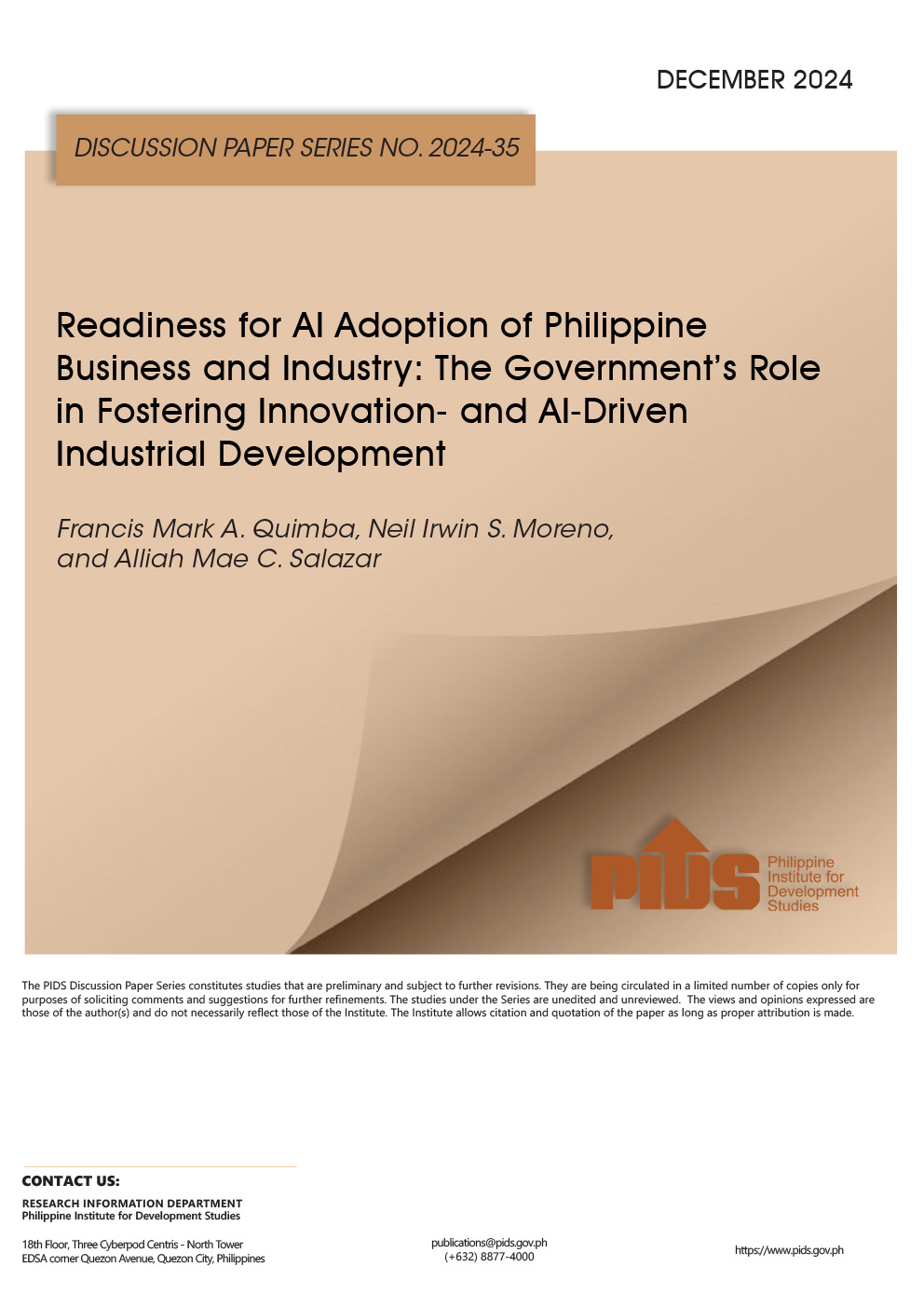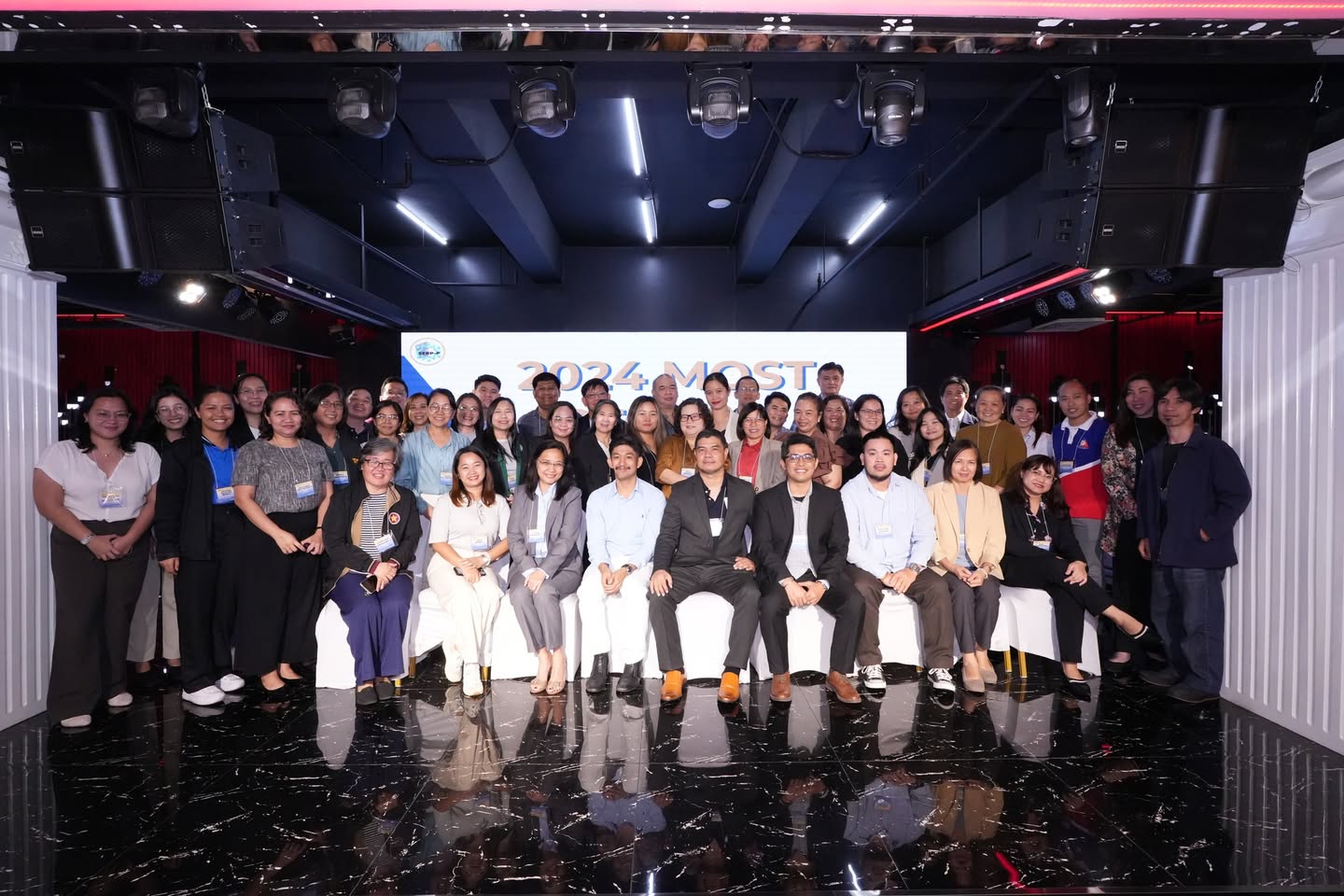
Tagbilaran City, Bohol - The emergence of new technology in the era of the Fourth Industrial Revolution (FIRe) offers indispensable and powerful tools to boost the tourism industry in Bohol.
According to Marietta Gasatan, vice president for external affairs of the Bohol Chamber of Commerce and Industry (BCCI), the digital age has created huge opportunities for those in the tourism business to expand their markets, enhance customer satisfaction, and improve their services.
Speaking before a multisectoral audience during the regional forum on “Harnessing the Fourth Industrial Revolution: Creating Central Visayas’ Future Today’’ held recently in Tagbilaran City, Gasatan said tourism in Bohol has already scaled up in terms of technology. “If we compare the way we do business 15 years ago, there’s a big difference,” she said, adding that the tourism sector in the region is one of the first to digitize business processes by using online platforms to book guest flights and hotel reservations.
But while the business and industry sectors recognize the benefits of the FIRe, Gasatan raised some challenges that may hamper its full adoption in the region.
“Whether we call it FIRe or Industry 4.0, the fact remains that the business landscape is changing in an unprecedented pace. We should not ignore it. We should welcome it in a balanced and customized way but we need to set parameters and embrace only what is accepted and needed by the industry and community,” she said.
New technologies can greatly affect the region’s culture and heritage, said Gasatan. In particular, she expressed concern on how business and industry sectors should deal with technological advancements and how to make people, especially the old ones, accept these changes.
“I don’t think we can get 100 percent or even 90 percent tech savvy from Gen X or those born from 1965 to 1980, which makes up 20.75 percent of the population in the world. The same goes for those born from 1946 to 1964, or those we refer to as ‘baby boomers’. But we are certain that the digital age will be embraced by Gen Y and Z or those born between 1981 and 2014. This is the reason why we need to persuade these younger generations to closely work with us,” she explained.
Gasatan also maintained that while most of the services and experiences in tourism should be sustained and improved, there are some that can never be replaced by modern technologies.
“Tourism promotes personal touch and personal experience [just] like the warmth of people you encounter while visiting a place or destination. These experiences cannot and can never be virtual or cyber or be replaced by robotics,” she pointed out.
Gasatan noted that the pace of the region to cope with technological advancements is also dependent on the “feel and priority of the government’’. Hence, it is important to find “champions” from government who will initiate and support policies and programs on FIRe.
“We need the government to push the actors to bring innovation to far-flung areas. Just like the FabLab at the Bohol Island State University, it needs all the support from the public sector. The government can link the FabLab to the industry sector so that it can do more research,” she said.
Given these challenges, Gasatan urged those in the tourism industry to use the FIRe to their advantage. She said that they must innovate and generate new business opportunities to ensure continued competiveness, growth, and development of the sector.
She also stressed the need to have a stronger collaboration among key stakeholders such as the academe, industry, and the government. These key players, according to Gasatan, should promote awareness about FIRe, as well as work together progressively through the conduct of workshops, research and knowledge development, and trainings.
The BCCI official also enjoined all sectors to use technological advancements to pursue a more economically and socially sustainable, inclusive, and environment-friendly future for everyone, and achieve the sustainable development goals set by the United Nations and the global community.
The regional forum is part of a series of awareness-raising activities, policy dialogues, and seminars initiated by the PIDS to promote deep and broad-based understanding of the socioeconomic implications of the FIRe.
The event served as a venue where the government, business sector, and civil society of Central Visayas discussed the prospects of the region in the era of FIRe and how it can take advantage of emerging technologies to further develop its economic potential and contribute to the attainment of AmBisyon Natin 2040. ###












